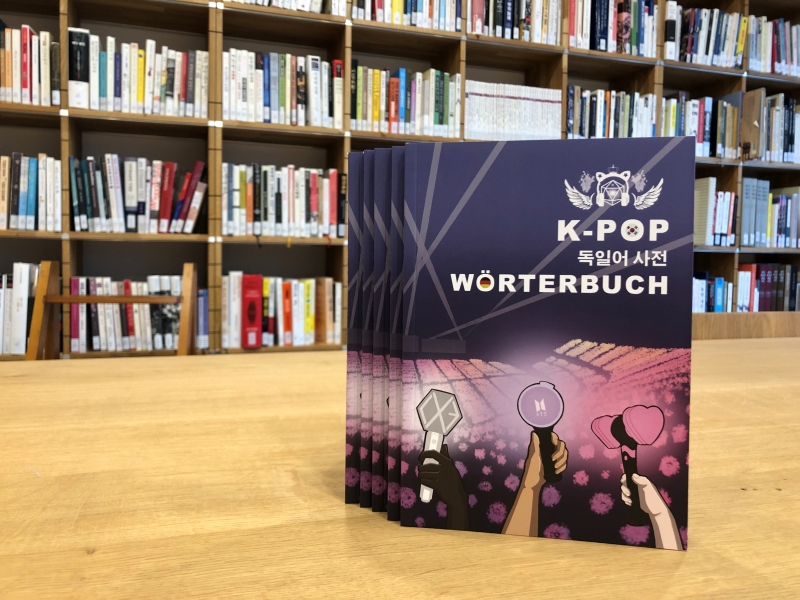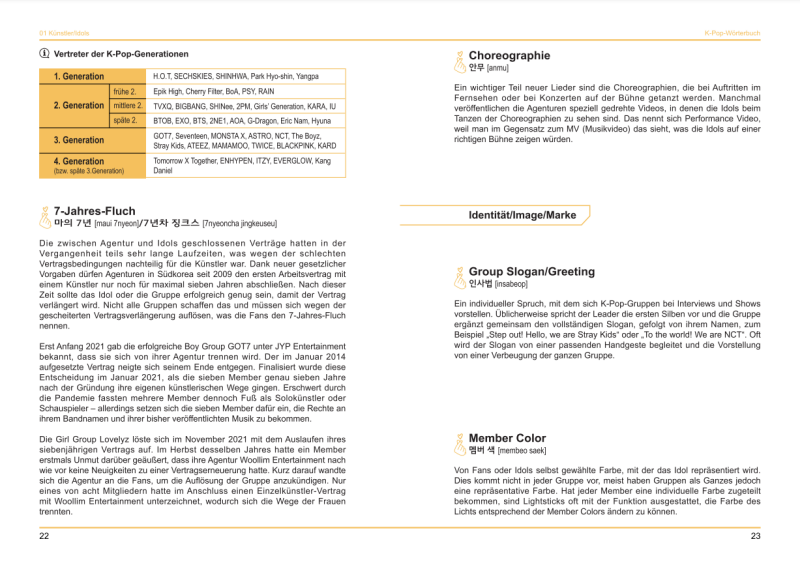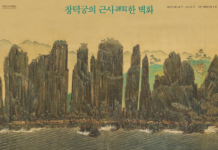
The Korean Cultural Center in Germany has published a “K-pop dictionary.”
By Park Hye Ri and Lee Jihae
Photos = Ministry of Culture, Sports and Tourism
A “K-pop dictionary” has been published in Germany on words related to Korean pop music.
The Korean Cultural Center (KCC) in Germany on Feb. 21 announced the publishing of 1,000 copies of the dictionary to remove language barriers between fans of Hallyu and raise German interest in Korean culture.
The production of the dictionary was a collaboration with K-pop fans in Germany, with the work featuring 200 often-used words in 10 categories including vocabulary and slang used by K-pop fans both in Korea and abroad as well as related terminology.
Users can grow more familiar with K-pop by learning terms in the dictionary like chulgeungil (way to work), toegeungil (way home from work), saengeol (face with no makeup), akpeul (negative or malicious comments) and gongka (short for gongsik cafe or an official community).
German K-pop fans who took part in making the dictionary also explained Korean and foreign words with similar meanings such as “ultimate bias,” which refers to one’s favorite person, and choeae, which means “most beloved.”
The dictionary also explains cultural differences between Korea and Germany that could be hard for Germans to understand, such as the mandatory military duty of male Korean singers.
The KCC said, “The fact that we received orders of over 600 copies during the 10-day preordering period before the dictionary’s publication shows German interest in K-pop,” adding, “Our hope is for the dictionary to serve as a useful introductory book for locals not only to access K-pop but also Korean culture.”
The center will distribute copies of the dictionary in Germany to media outlets, colleges that offer Korean studies, public universities and diplomatic offices that use German.

The new “K-pop dictionary” published by the Korean Cultural Center in Germany contains vocabulary related to Korean pop.
hrhr@korea.kr























